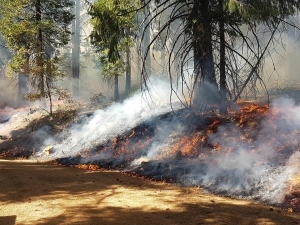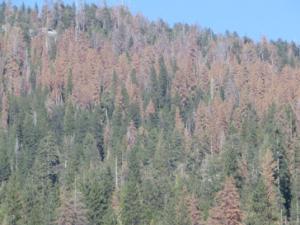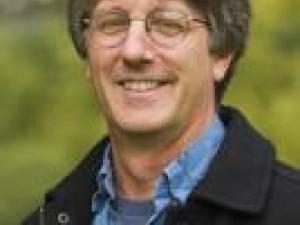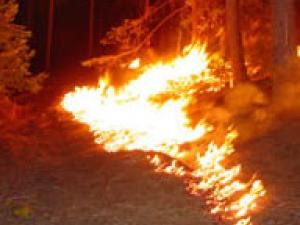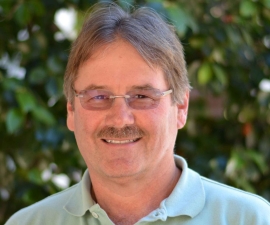

Research Bio
Scott Stephens is a Professor of Fire Science. He is interested in the interactions of wildland fire and ecosystems. This includes how prehistoric fires once interacted with ecosystems, how current wildland fires are affecting ecosystems, and how future fires, changing climates, and management may change this interaction. He is also interested in forest and fire policy and how it can be improved to meet the challenges of the next decades, both in the US and internationally.
Research Expertise and Interest
fire, forestry, fire ecology, fire behavior, environmental biology/ecology, forest policy
In the News
Twenty-Year Study Confirms California Forests Are Healthier When Burned — Or Thinned
How wildfire restored a Yosemite watershed
100 million dead trees in the Sierra are a massive risk for unpredictable wildfires
To drive through parts of the Sierra Nevada these days is to witness a morbid reminder of California’s extreme drought: Vast landscapes of standing dead tree
Wildfire management vs. fire suppression benefits forest and watershed
Let it burn: Prescribed fires pose little danger to forest ecology, study says
UC Berkeley-led research is giving the green light to fighting fire with fire. An analysis of controlled burns and mechanical thinning nationwide did not find substantial ecological harm from fuel-reduction treatments used to reduce the risk of catastrophic wildfires. And with a rise in wildfires predicted in many parts of the country, researchers say more treatments are needed to manage this risk.
Featured in the Media
Scott Stephens, a professor at the Rausser College of Natural Resources, discusses new research on prescribed burns. The research was featured on Berkeley News.

